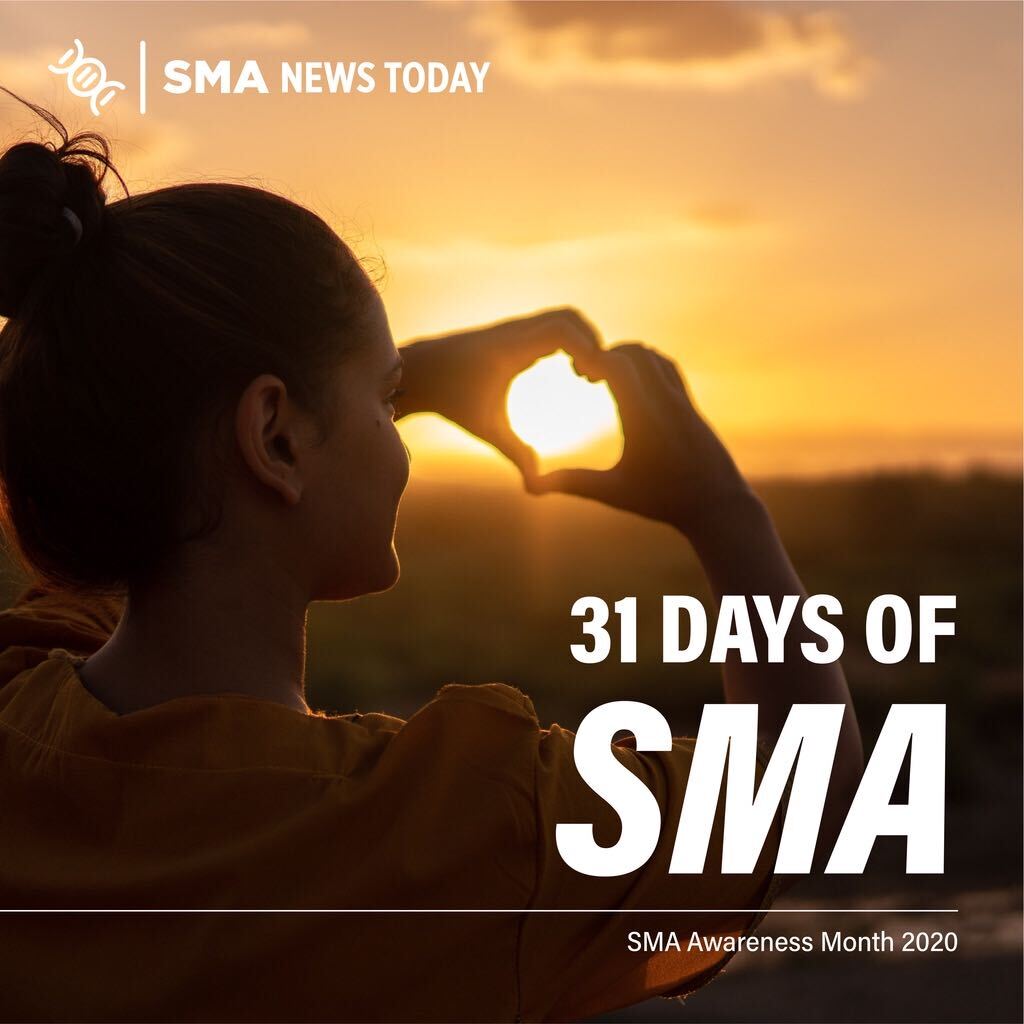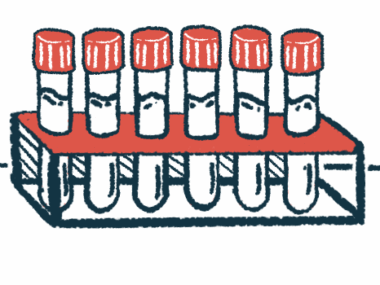Variety of Events Mark SMA Awareness Month in August
Written by |

From candlelighting events to storytelling, efforts to mark Spinal Muscular Atrophy Awareness Month, observed each August, are underway to heighten awareness of the rare genetic disease and raise funds to fight it.
Supporters are participating in a range of activities such as changing their social media profile photo, sharing information graphics, requesting local proclamations, and hosting virtual events related to spinal muscular atrophy (SMA), a neurodegenerative disease estimated to affect one in 8,000–10,000 people worldwide.
Organized by Cure SMA, the annual event also is an opportunity to support and celebrate the achievements of those with SMA. This year, most activities have been moved online.
“While our community works year-round to raise awareness of, and funds for, SMA, August is our time to put a spotlight on those efforts and those impacted by SMA,” the organization states on its awareness month webpage. “During this unusual year, we will still work to engage the SMA community and the general public around SMA Awareness Month by hosting virtual events, telling compelling stories, and using social media to raise awareness and share information about SMA.”
As part of its observance, Cure SMA soon will debut a video series on its YouTube channel called “Conversations with the Community.” The series will feature one-on-one conversations between a diverse cross section of SMA community members, including patients, parents, and healthcare professionals.
To help spread SMA awareness and strengthen bonds with the SMA community, the organization is asking supporters to organize group candlelighting events to remember those who died from SMA and to honor those living with it. (Submit candlelighting photos to Cure SMA’s community Facebook page.)
During the month, supporters also may change their Facebook profile picture to include the official Cure SMA banner. They also may download and share Cure SMA fact graphics on their social media platforms. These graphics: define SMA; explain that SMA does not affect patients’ ability to think, learn, and build relationships; emphasize that many patients have careers and other societal roles; and highlight Cure SMA’s 36 chapters.
In addition, SMA Awareness Month participants may email photos from their events to [email protected] for inclusion in the organization’s community album. When posting to personal social media platforms, use the hashtags #CureSMA and #SMAAwarenessMonth.
Email [email protected] with story ideas for local media. She can help flesh out ideas before they’re suggested to outlets.
Advocacy and fundraising
SMA Awareness Month also is a good time to think about potential involvement in Cure SMA’s advocacy efforts, critical in advancing SMA-related policies. Complete this form to become a Cure SMA advocate, and go here to review and take part in legislation and other efforts that need support.
In other participation opportunities, anyone who makes a donation from Aug. 21–23 will have a chance to win a Cure SMA Swag Bag. And a virtual cookie-baking workshop to support Cookies 4 SMA will be held Aug. 30. Go here to register. Anyone who buys a gift box of barbecue rubs and sauces from California-based Wheely Q sends $5 to Cure SMA, which funds and directs SMA research. Also, 20% of proceeds from August sales of the children’s book “No Such Thing as Normal” will go to the organization.
Supporters may visit the Cure SMA chapter page to find local contact information. There may be families nearby that are interested in joining forces to raise funds and awareness.
Underscoring the importance of funding research, Cure SMA cited the recent approval of Evrysdi (risdiplam) as the first oral and at-home treatment for adults, children, and infants 2 months and older with all types of SMA. Evrysdi is the third disease-modifying SMA treatment to become available since 2016.
“The approval of Evrysdi marks another important milestone for the SMA community and offers a new treatment that will play a key role in changing the course of SMA,” Kenneth Hobby, president of Cure SMA said in an emailed statement. “It is exciting to see that the SMA community has this treatment available that can be taken at home.”
Contact [email protected] with questions about SMA Awareness Month. Follow Cure SMA on Facebook, Twitter, and Instagram for observance updates.
Other events
Elsewhere, TreatSMA in the United Kingdom recently held a candlelighting ceremony for those who lost their lives to SMA, and potted plants in their honor. The Getty Owl Foundation also lit candles.
The Muscular Dystrophy Association is highlighting the story of a recent Michigan State University graduate who has SMA type 3, and thanks a strong network of personal care attendants for her confidence and independence.
Unicity Healthcare, which develops integrated care management solutions, is observing the month by offering SMA information including disease causes, types, diagnosis, and treatment. It’s also offering tips for caregivers, and advice about when home healthcare for patients should be considered.
Independent Living, which offers advice to people with disabilities and caregivers, also is offering an overview of key information about SMA, plus available resources.
To mark Awareness Month, Bionews, which publishes SMA News Today, is again running its “31 Days of SMA” campaign through August. Each day this month, a different member of the SMA community — patients, caregivers, and others — will share his or her story and unique perspective on life with SMA. The narratives are posted on SMA News Today, Facebook, and Instagram.
“We’ve put together a diverse range of stories,” said Kevin Schaefer, Bionews forums director and SMA News Today columnist. “You can read all you want about the scientific aspects of SMA, but it’s also good to hear directly from those who experience the disease.”
Topics will include dating, international travel, college, and transitioning to a wheelchair. In one entry, the grandmother of someone with SMA gives her perspective. In another, parents discuss how they felt when their only child was diagnosed with SMA. One mother wrote about having an adult child with SMA. There also will be insights from patients’ siblings.
“There are lots of perspectives,” Schaefer said. “SMA is just a part of my life. But others have a very hard time with their or their child’s diagnosis. Some patients experience an identity crisis. In all, I think people will respond well to our range of perspectives, and I hope they find one that really speaks to them.”






